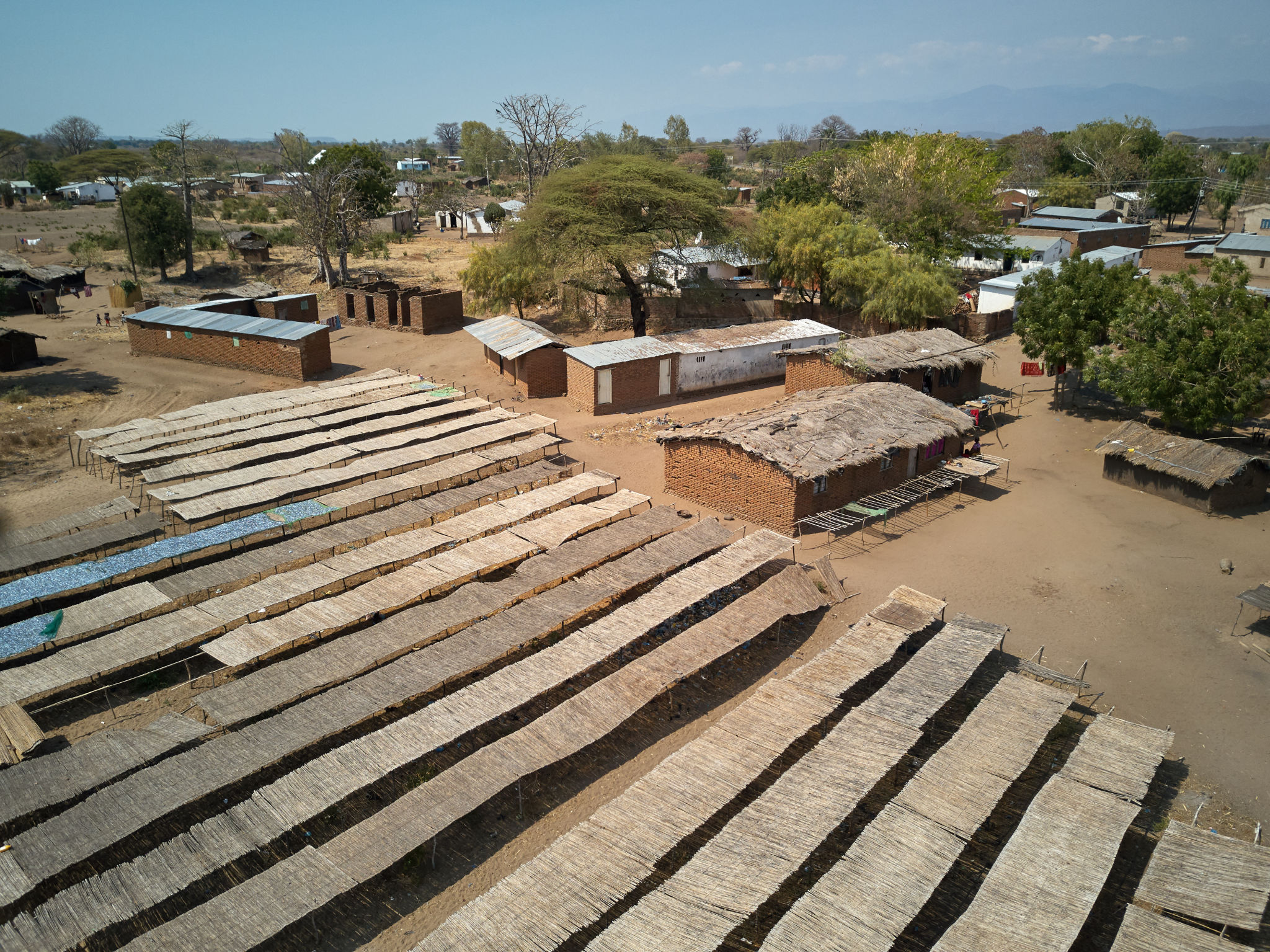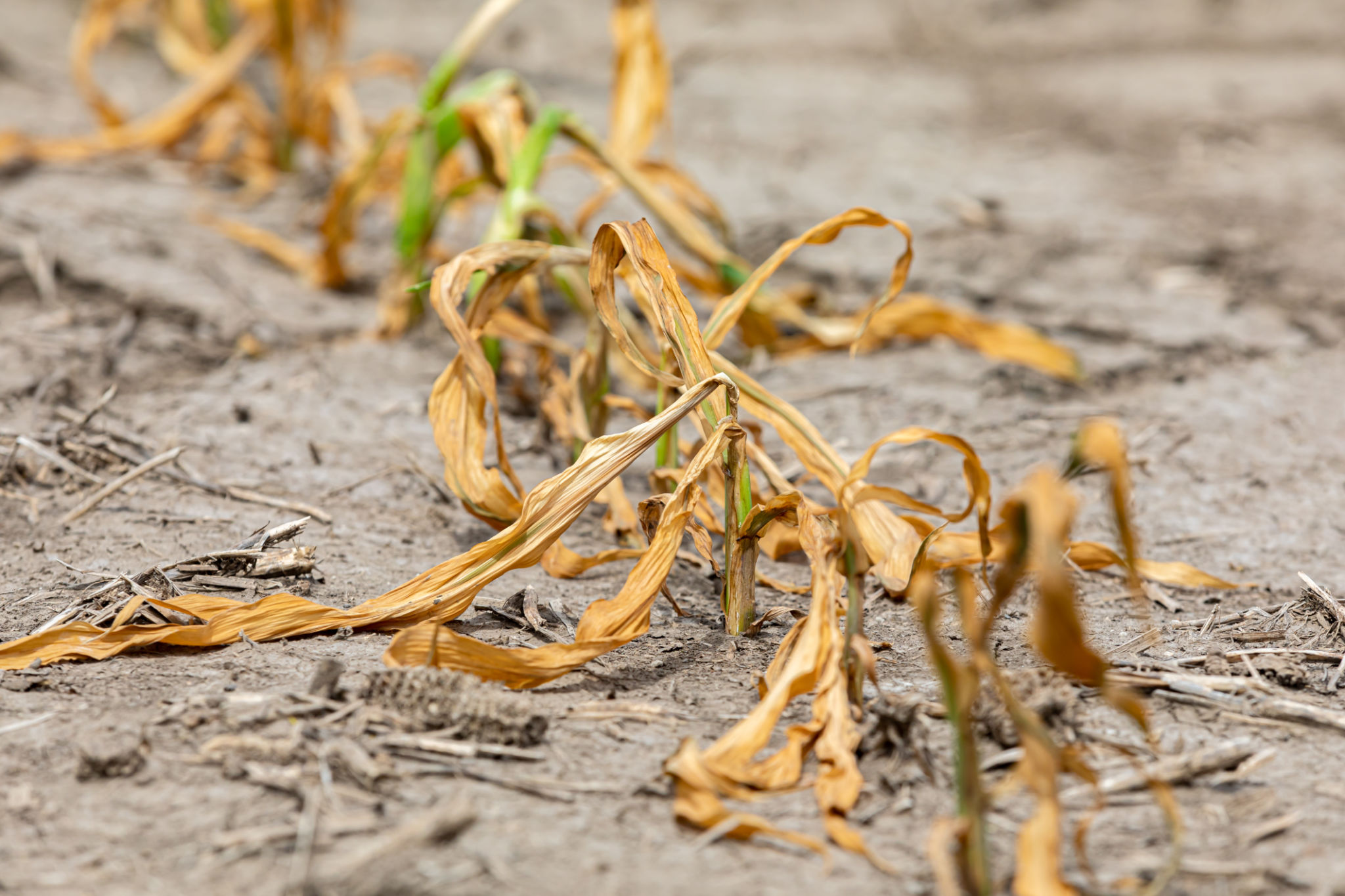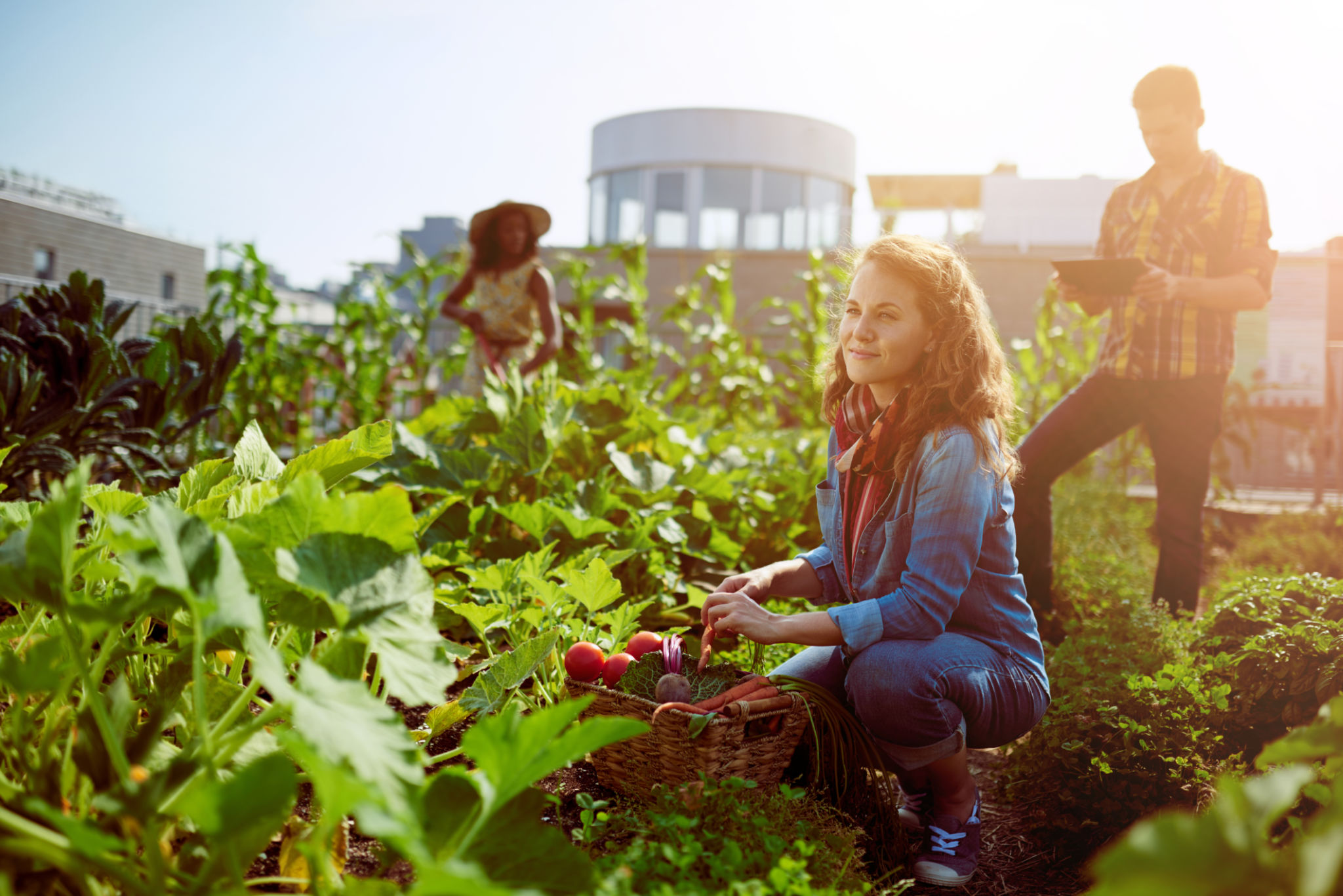Preparing Your Urban Farm for Seasonal Changes in Malawi
LW
Understanding Seasonal Changes in Malawi
Malawi's climate is characterized by a distinct wet and dry season, which significantly impacts agricultural activities. The wet season typically runs from November to April, while the dry season spans from May to October. Being aware of these seasonal variations is crucial for urban farmers as it affects planting schedules, water management, and crop selection.

Essential Preparations for the Wet Season
As the wet season approaches, ensuring that your urban farm is ready to handle increased rainfall is vital. Start by checking drainage systems to prevent waterlogging, which can damage crops. Consider planting water-loving crops like rice, maize, or sweet potatoes during this period for optimal growth.
It's also a good time to invest in rainwater harvesting systems. These systems can capture and store rainwater, providing a valuable resource during dry spells. Additionally, maintaining healthy soil through mulching can help retain moisture and reduce erosion.
Adapting to the Dry Season
The dry season poses challenges such as limited water availability and higher temperatures. To combat these issues, focus on drought-resistant crops like millet, sorghum, or cassava. These crops are well-suited to Malawi's dry conditions and can thrive with minimal water.

Irrigation becomes crucial during this period. Drip irrigation systems are particularly effective as they deliver water directly to the plant roots, minimizing evaporation and conserving water. Consider using organic mulches to keep the soil cool and retain moisture.
Managing Crop Rotation and Soil Health
Practicing crop rotation is important for maintaining soil fertility and preventing pest buildup. Plan to rotate crops every season to ensure that nutrients are replenished naturally. Incorporate legumes like beans or peas into your rotation, as they fix nitrogen in the soil.
Regularly testing soil quality can help you make informed decisions about fertilization. Organic fertilizers such as compost or animal manure can enhance soil structure and nutrient content without harming the environment.

Pest and Disease Management
Seasonal changes often bring about new pest and disease challenges. Integrated pest management (IPM) strategies are essential for minimizing crop damage. This involves using a combination of biological controls, such as introducing beneficial insects, alongside cultural practices like proper sanitation and crop rotation.
Stay vigilant for signs of pest infestations or diseases as seasons transition. Early detection and intervention can prevent larger outbreaks that could severely impact your yield.
Community Collaboration and Knowledge Sharing
Engaging with local farming communities can provide valuable insights into dealing with seasonal changes. Sharing experiences and resources with fellow urban farmers can lead to innovative solutions tailored to local conditions.

Consider joining agricultural cooperatives or farmer groups to access training programs and workshops. These platforms offer opportunities to learn about sustainable practices and new technologies that can enhance productivity across different seasons.
Conclusion
Preparing your urban farm for Malawi's seasonal changes requires a proactive approach and adaptability. By understanding climate patterns, choosing suitable crops, managing resources wisely, and collaborating with others, urban farmers can navigate these changes successfully. Embrace these strategies to ensure your farm thrives year-round, contributing to food security and sustainable agriculture in your community.
